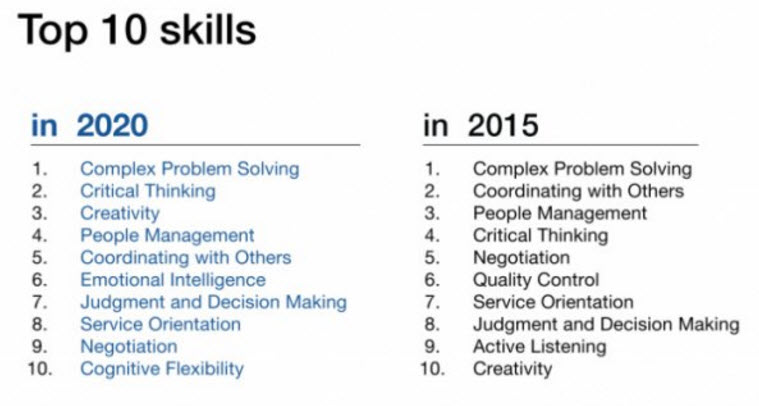This video title just landed in my Inbox. It didn’t sit well with me.
I coach Strengths every day. My clients are passionate people who are already good at what they do. Often, the people I work with don’t like comfort zones. By learning their Strengths, they learn how to step outside their comfort zone to stretch and to grow.
My clients come to me because they want to fine-tune what they do to produce a great performance. They’re interested in being maximized and they can’t wait to learn more about themselves.
STRENGTHS COACHING
In the realm of Strengths Coaching, we start off with an assessment that has been taken over 16,000,000 times around the world to identify a person’s unique traits. We all possess the 34 traits that are identified through this assessment. What makes each us 100% unique is the order in which our traits line up.
The order in which one’s traits line up determines how they have potential to deliver a great performance. Everybody can deliver a great performance of some kind.
“Everyone has hidden talents and abilities that, once discovered, can be turned into superpowers. Jeff is uniquely talented at identifying a person’s greatest abilities, then maximizing those abilities to produce true strengths.”
STRENGTHS MATURITY
The traits that show up near the top of one’s assessment report are the traits that can be turned into Strengths. Decades of research shows that when people are given the opportunity to do what they have potential to be great at, the impact on the individual, team, or organization can be powerful.
Some of the benefits include Personal Clarity, Self-Confidence, Direction, Effectiveness, Efficiency, Engagement with one’s work, Stronger Relationships and more.
DON’T FOCUS ON WEAKNESSES
The idea here is to identify one’s natural talents. From there, we can work to mature a person’s top talents into full-blown Strengths. Strengths have no cap on them in terms of just how great they can become.
I don’t ignore weaknesses. In fact, I help my clients to identify their weaknesses. Then, I help my clients to build a strategy around their Weaknesses so their weaknesses don’t derail the pursuit of maximizing their Strengths.
There is no value whatsoever to be gained in trying to turn a weakness into a Strength. There is tremendous value in maximizing one’s Strengths.
When you’re ready to find Clarity around what your natural Strengths are, call me.
“Stand out from the crowd and get the job! Jeff will teach you how to discover your greatest strengths, and then market yourself to your next employer. ”
Jeff Snyder’s, Jeff Snyder Coaching Blog, 719.686.8810






